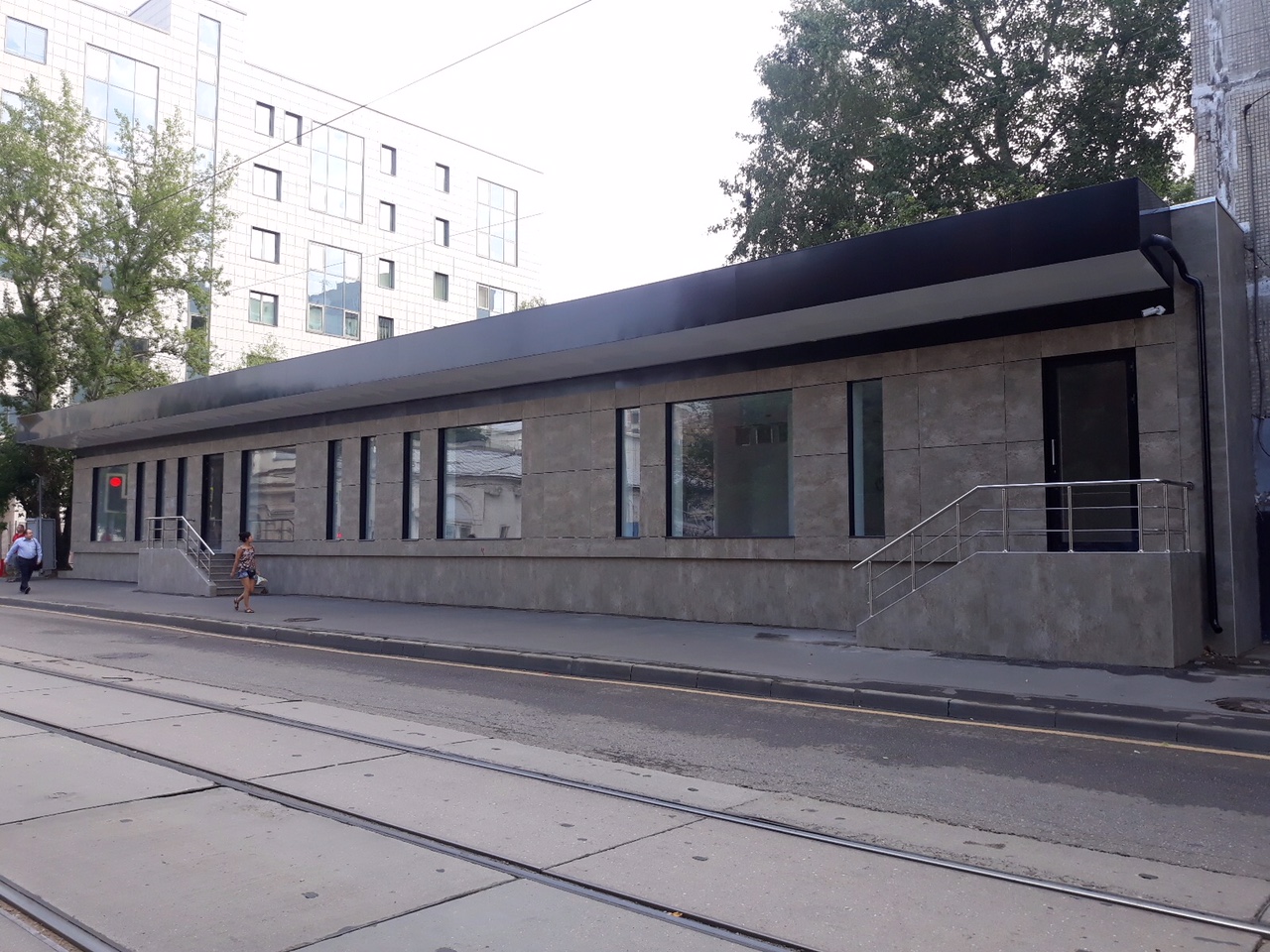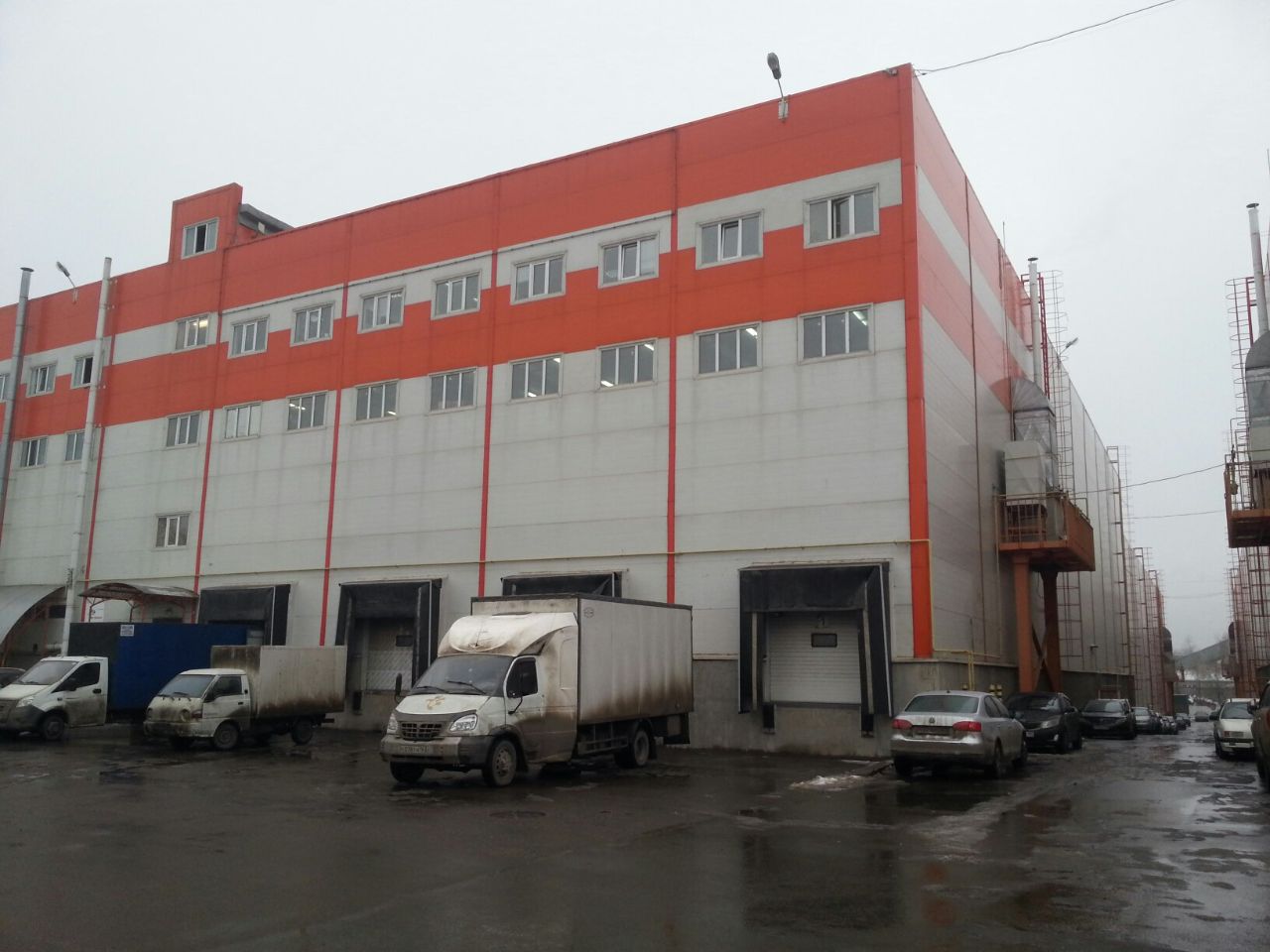Russia's property market forecast 2021 - Part 2
Part Two / RETAIL & INDUSTRIAL SECTORS
Retail and restaurant premises:
The closures imposed during the spring lockdown not only led to a serious crisis in the retail sector due to lost revenues and the subsequent impossibility to meet their contractual obligations (which affected deeply also the shopping center industry), but also induced a changed perception of the shopping experience among many regular users.
Statistical data published by a number of specialized companies show that during the spring 2020 lockdown the average number of visitors to Moscow's shopping centers (where only supermarkets, pharmacies, children's stores and telecom stores could be visited at that time) plummeted by 70 per cent, but even in the weeks between October and the end of the year - despite the absence of formal restrictions - there was a 30 per cent drop in Moscow and around 25 per cent drop in St Petersburg compared to the same period the previous year.
At the same time, online sales increased by 20% during the year and online grocery sales also rose significantly.
It is no coincidence that even in the most prestigious shopping streets and "luxury districts" the number of vacancies has clearly increased (up to the 15%) compared to the past. This has led to a drop in rents, which - while in the most sought-after areas amounts to an average of 10-15% - has reached peaks of up to 30% in less popular locations. A similar trend can be observed in shopping centers, where the percentage of vacant space averages between 10-15%.
Uncertain times are also being experienced by restaurant operators everywhere. Many establishments have closed their doors permanently in recent months, although most have continued to operate even during the period of introduction of the more restrictive measures thanks to home deliveries and take-away sales. The average expectation for a drop in turnover in the current year for operators in the sector is 20-25%.
Under these assumptions, it is plausible that at least in the first half of 2021 the situation will remain more or less unchanged and landlords will have to resign themselves to offering retailers and restaurateurs cheaper rents than they were used to in better times.

Industrial properties (warehouses, storage- and manufacturing spaces):
The segment of light industrial, storage- and manufacturing spaces in and around major cities is the one that probably has been least affected by the upheavals related to the pandemic.
In the Moscow region alone, there has been a total demand for 1.5 million square meters of new properties of this type, which can also be explained by the increasing turnover of e-commerce operators who therefore need more and more space to store their goods. It is no coincidence that the record-breaking deal of the year saw Russian online retail giant "Ozon" sign a lease for some 200,000 m2 of warehousing space on a build-to-suit basis.
This is what many operators in the local market value most: the turnkey construction of warehouses based on their own individual technical requirements and specifications. This keeps the vacancy rate rather low (approx. 5%) in "A" or "B+" category complexes built in recent years and at the same time tends to prevent downward price fluctuations.
It should be noted that the demand for modern, high-quality warehouses is also increasing in the regions, driven here as well in particular by e-commerce operators.
All in all, it is to be expected that prices for industrial (manufacturing and warehousing) spaces will remain virtually unchanged in the coming months, and in some cases may even rise slightly.
For further information contact: This email address is being protected from spambots. You need JavaScript enabled to view it.
- Hits: 923